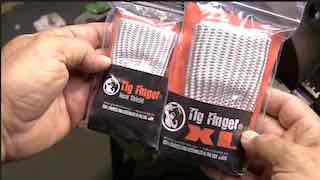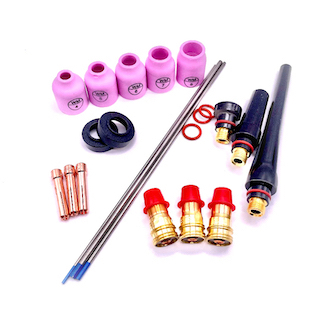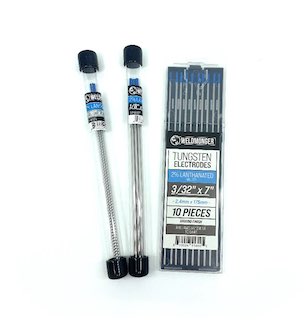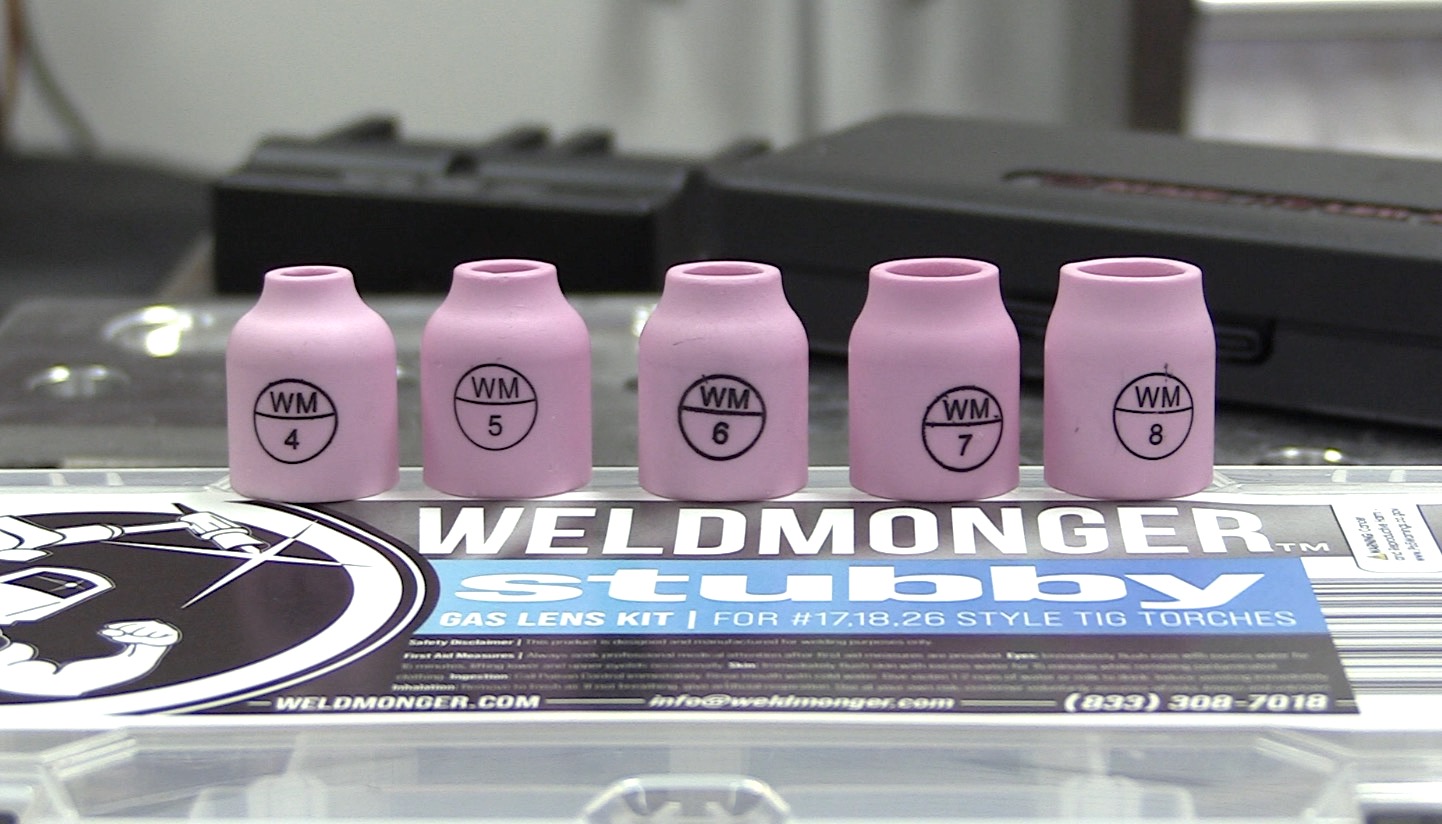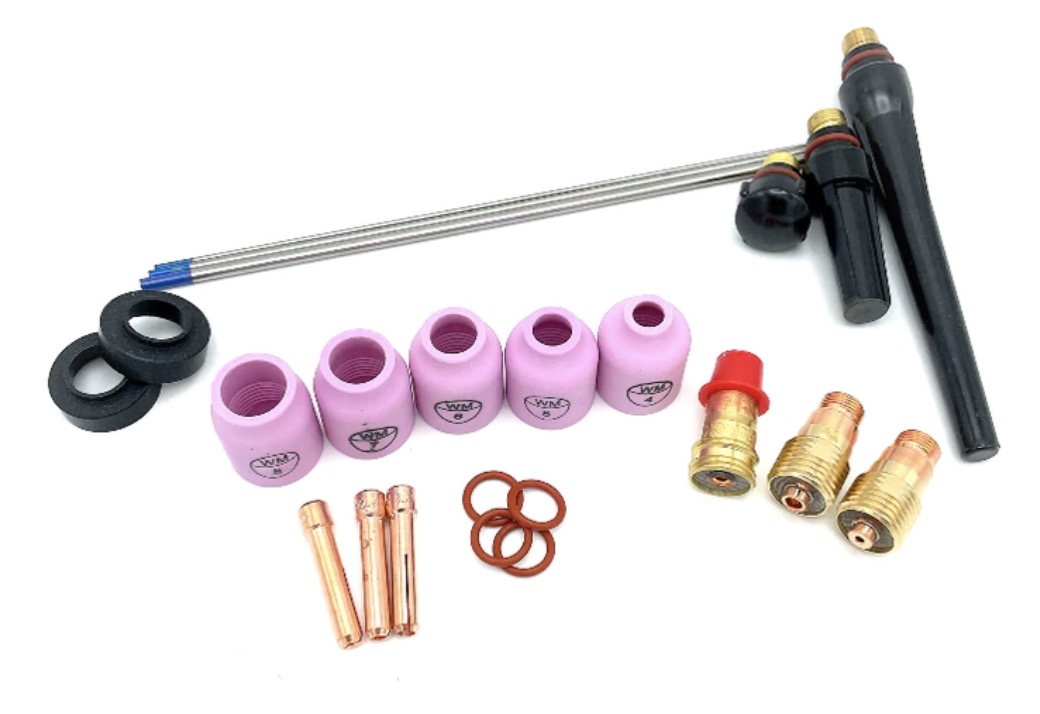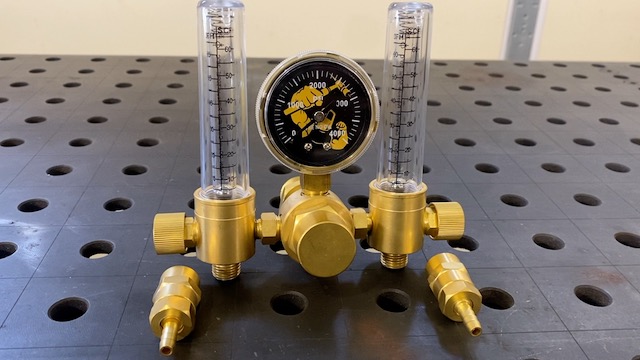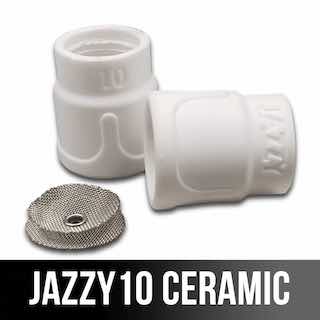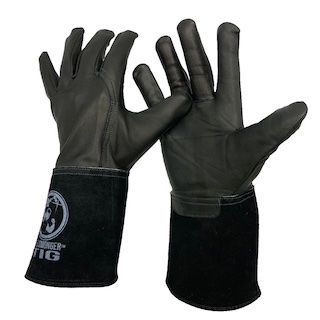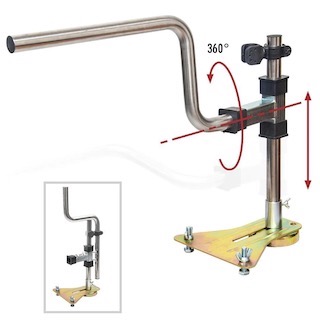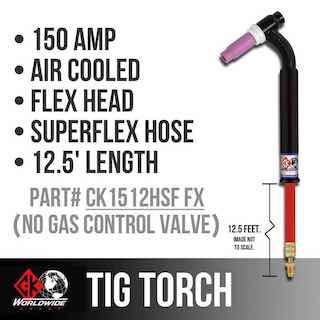Mig Welding- Setting Inductance
Did you know?..
There are over 800 videos over at welderskills.com from beginner stick welding to advanced TIG... to down and dirty repair videos on farm equipment...to 6G Pipe certification test videos.
Whether you are a student working on passing a welding test, hobbyist, or a working welder who wants to sharpen up, I want to encourage you to take the free 7 day test drive and get access to all the courses and over 800 videos.
Get in there and lets all get better together.
Its easy to sign up…and even easier to cancel with no hoops to jump thru.
Invest in yourself,
See you in there.
Jody
Some mig welders have an adjustable weld-inductance setting.
But many
mig welding machines have this setting fixed... Meaning the
mig-welding-inductance is preset to a level that works for most everyday
applications.
The inductance setting on a mig welder controls the rate of current rise
following the short-circuit state. That is during the time when the wire is short circuiting into the weld puddle.
This
setting affects the arc time too. That is the amount of time the short
circuit cycle spends arcing and providing heat to the puddle.
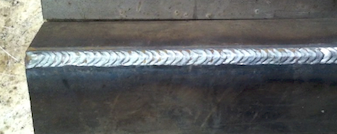
That
is why adjusting the inductance makes the arc sound entirely
different. It has a similar effect as setting frequency on a tig welder
while tig welding on AC.
A high inductance setting increases the time of each individual arc cycle and therefore can improve wetting of the puddle.
A
low inductance increases the frequency of each short circuit/arc cycle
and can be useful for pinpointing a narrow bead in some joints.
What
this means to most folks is high inductance is good for thicker metals
where good wetting at the toes of the weld is a priority….and low
inductance works better on thin metal.

Another thing about being able to set mig-inductance is that straight Co2 can work nearly as well as C25 (75/25 ar/co2). Generally Co2 is cheaper than argon/co2 mixes so for some businesses, being able to use straight Co2 instead of c25 can translate into quite a savings over time.
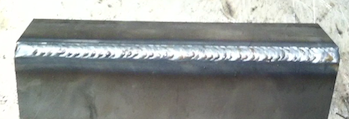
But its never quite as simple as just setting inductance to achieve a good arc.
Wire speed, wire diameter and type, and shielding gas have a big effect as well. But once you have all those dialed in, mig-inductance-setting is one more tool to help you out.
The bottom line is that every welding machine requires a bit of trial and error in order to optimize the settings to the point where you get minimal spatter along with appropriate penetration for the weld being done.
In other words, you should write some settings down.
Writing things down really is time well spent.
I recommend to get some metal of different thicknesses….ranging from really thin to really thick …and adjust voltage, wire speed, and inductance on each until you get a near optimum arc….then write it down either on the inside panel of your mig welder, in a notebook, on your smart phone, or any other way that will keep you from having to find new settings for every job that comes into the shop.
more mig welding videos







